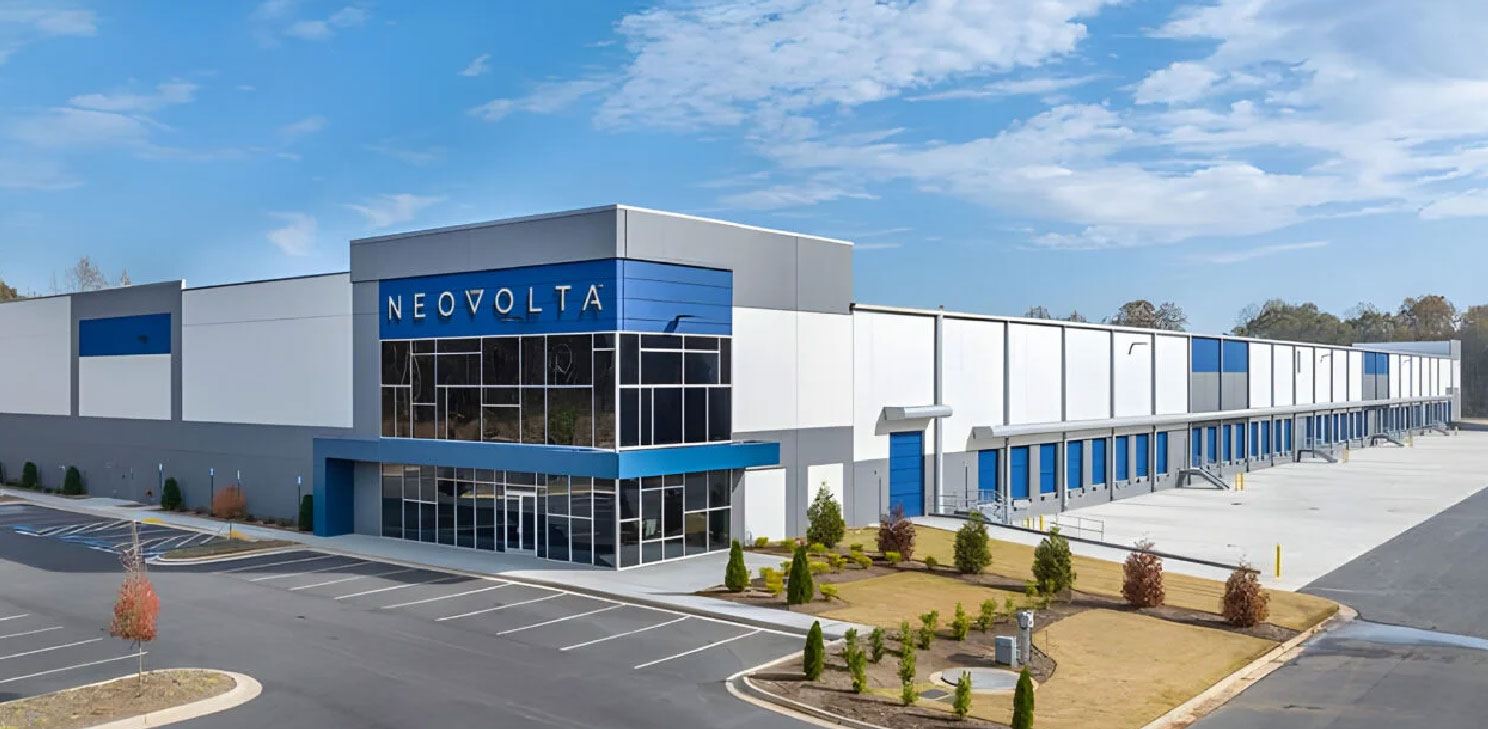US-headquartered Ford Motor Company will invest US$5 billion in establishing electric vehicle engineering and manufacturing in the US. On 11 August, the carmaker announced it will establish the Ford Universal EV Platform and Ford Universal EV Production System, with the first vehicle coming off the new electric production line available to buy in 2027.
Ford is investing US$2 billion to retool its assembly plant in Louisville, Kentucky, after it ends production of the discontinued range of gas-fuelled SUVs the site currently produces.
This comes on top of a previously announced US$3 billion to build the BlueOval Battery Park Michigan, where it will produce lithium iron phosphate (LFP) batteries for use in Ford EVs.
The platform model means that the underpinning methods and technologies established for use at the Louisville Assembly Plant can be used across multiple vehicle ranges.
According to president and CEO of Ford Motor Company Jim Farley, the Louisville investment will secure 2,200 jobs, and a further 1,700 jobs to assemble the LFP batteries will be created.
Farley said: “Ford is going to deliver what no other automaker has been able to: a family of affordable, adaptable electric vehicles that offer multiple body styles for work and play — including for export — and whose LFP batteries will be assembled in America, not imported from China.”
The move follows fellow carmaker BMW’s retooling of operations in Austria, focused on European EV production, as the climate for EVs in the US gets arguably trickier with the revocation of the US$7,500 tax credit on EV purchases due in September.
Ford’s announcement represents a pivot from its previous EV activity that in 2024 lost US$5.1 billion.
Domestic battery production sidesteps the uncertainty and cost associated with imports to the US, particularly with much of the world’s battery supply chain beginning in China.
In August last year, Ford scrapped plans for a three-row electric SUV because there was no path to profitability as the vehicle would have to be high-priced to cover the cost of the large battery required to power it.
The comparatively high price associated with EVs is a barrier to adoption, with governmental intervention in this ending. Ford will price the upcoming electric truck starting at $30,000, which is considered ‘budget’ but will also turn a profit for the company. Price cuts are front of mind for carmakers as Chinese manufacturers, armed with a commercial headstart and lower cost of production, are underselling manufacturers to take an increasing portion of new EV sales.
To find out more about the latest gigafactory updates and innovations, meet with solution providers and hear talks from industry leaders, attend the 4th Battery Gigafactory Summit USA: Advances In Planning, Engineering And Operations, taking place on October 28-29, 2025, in Nashville, Tennessee, USA.
For more information, visit our website or email us at info@innovatrix.eu for the event agenda. Visit our LinkedIn to stay up to date on our latest speaker announcements and event news.
Source:















